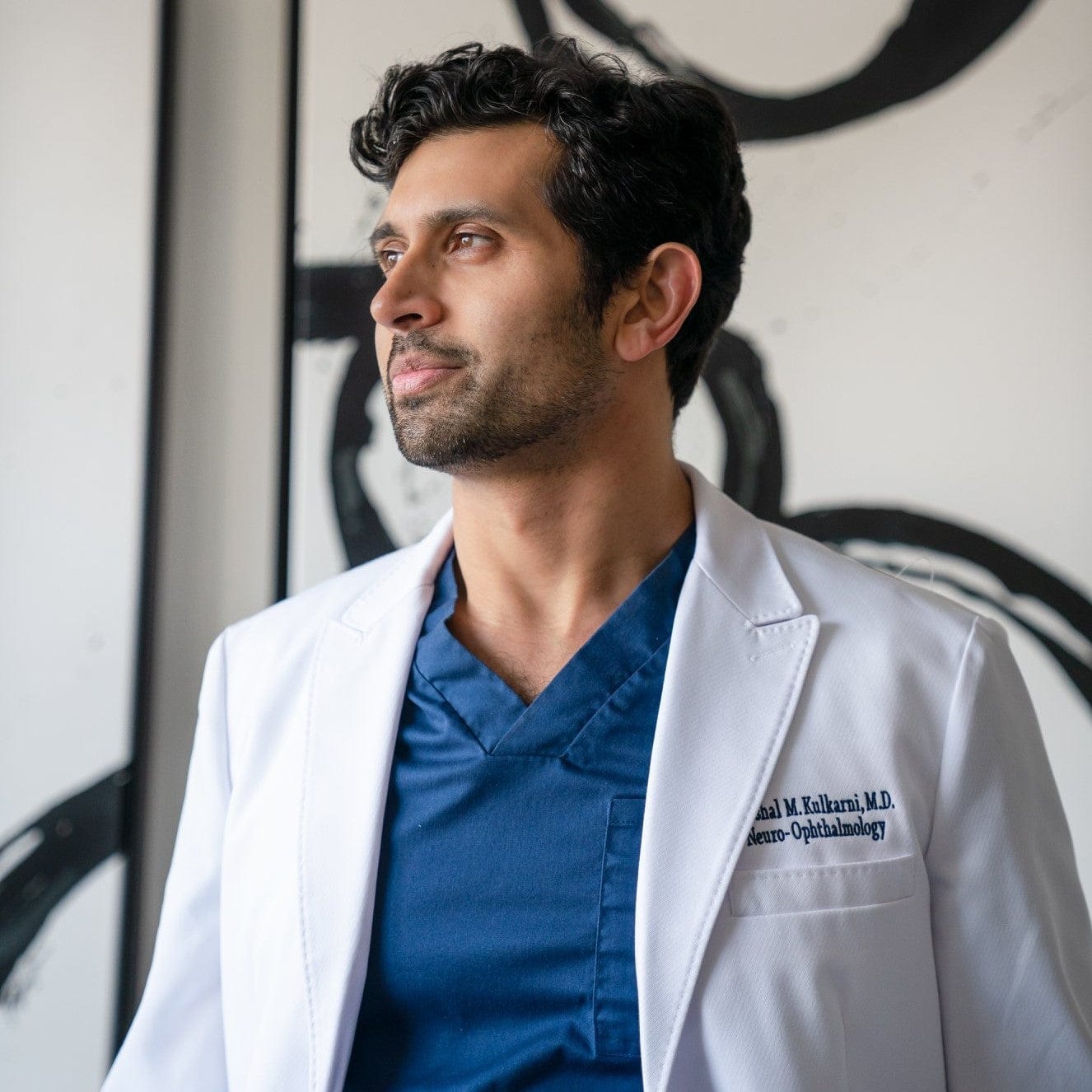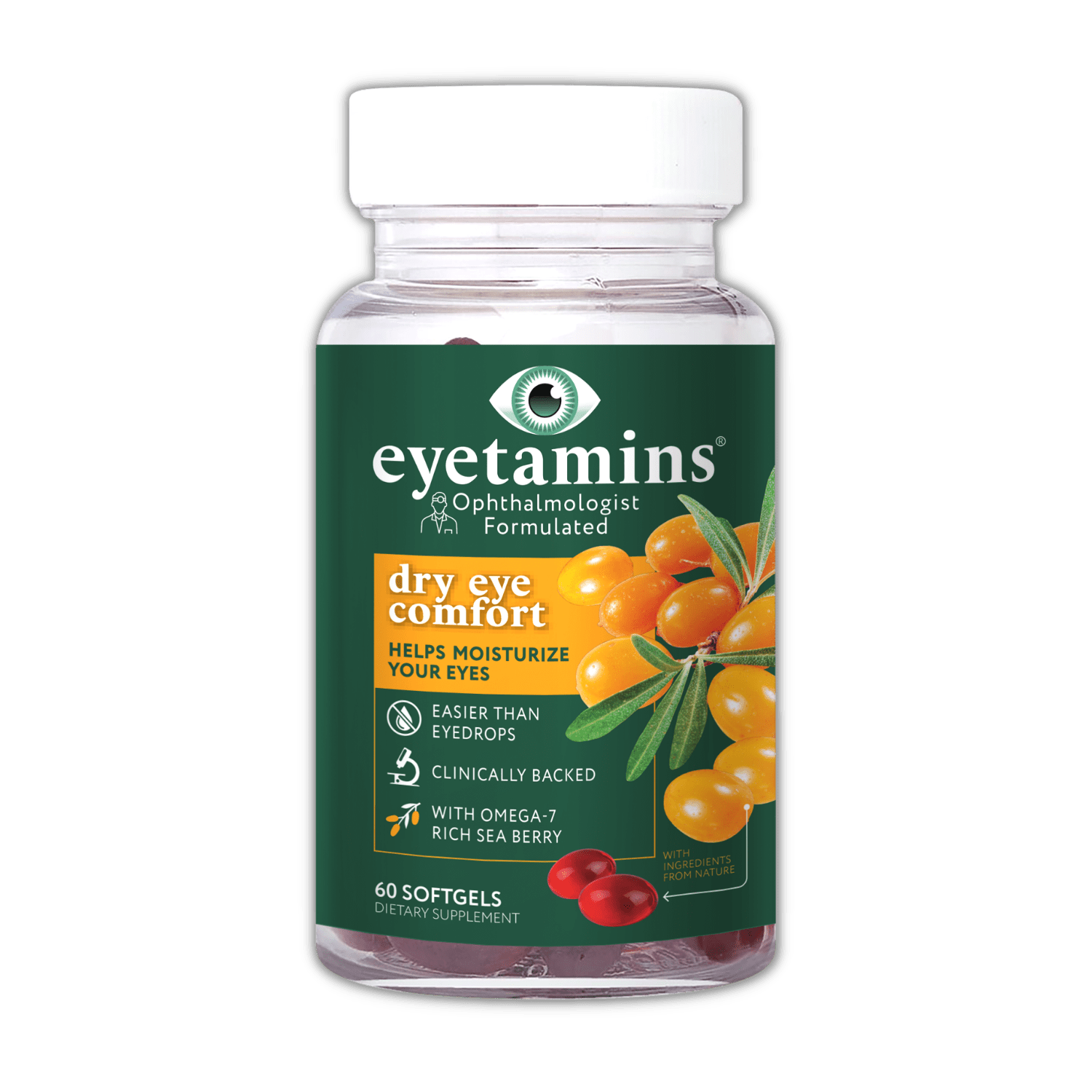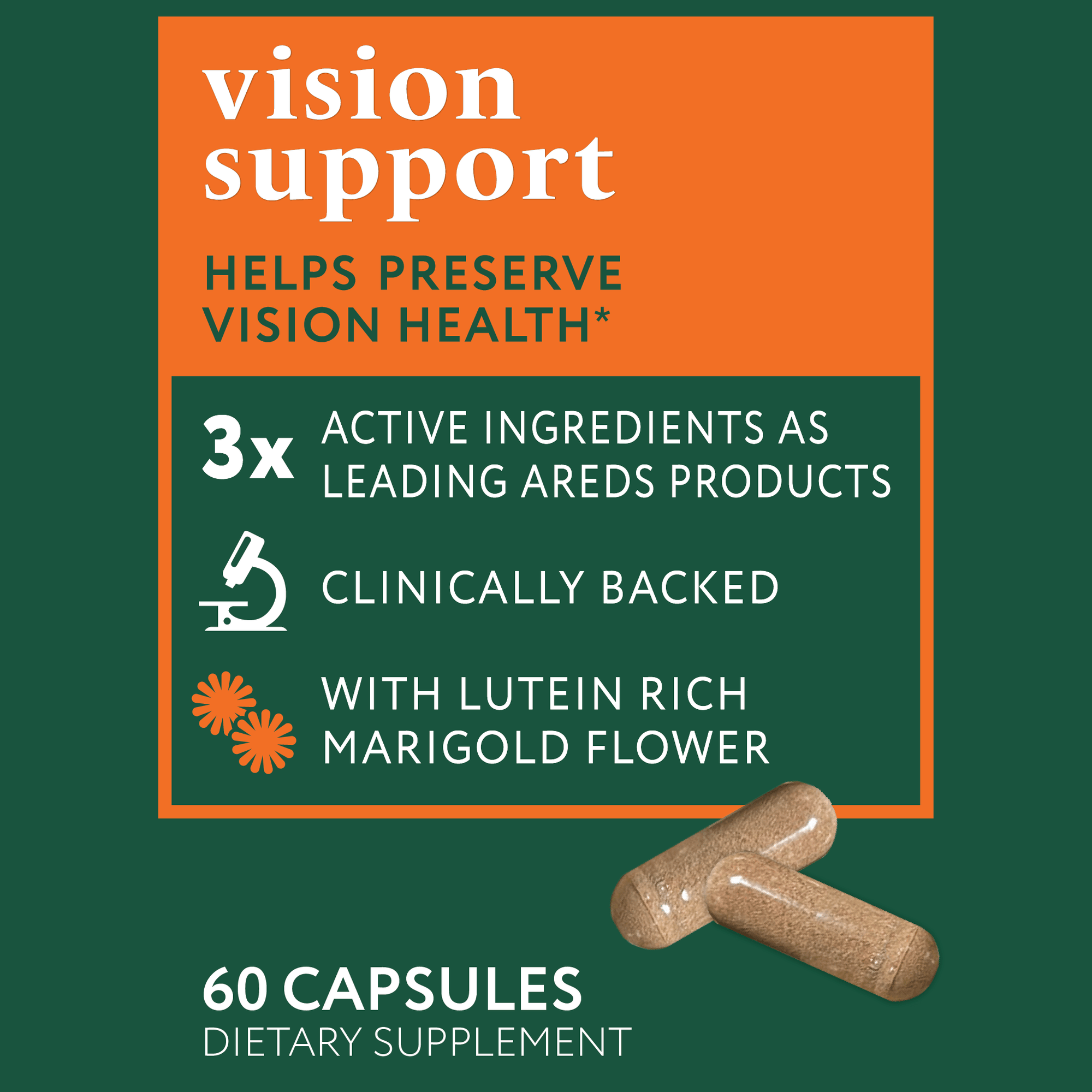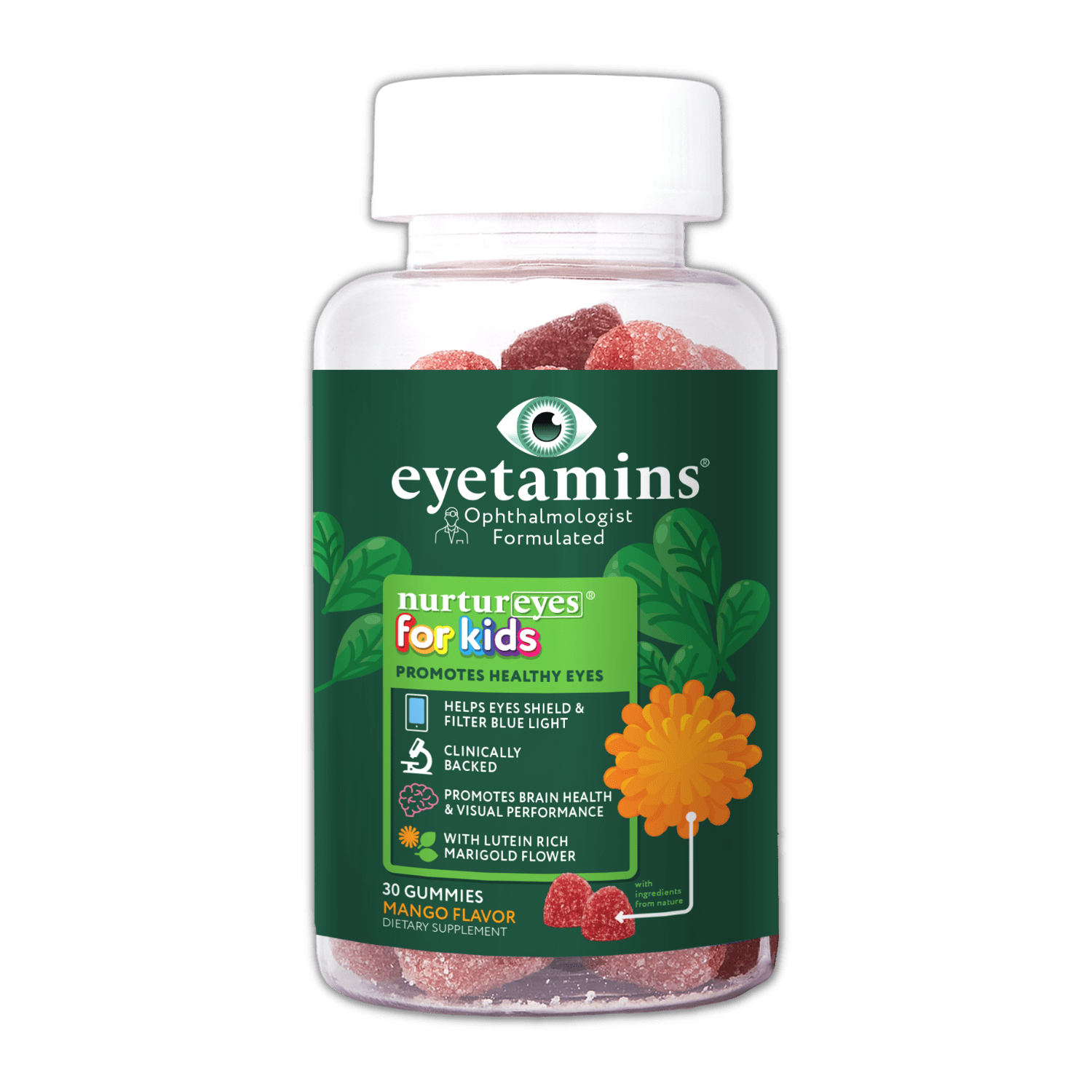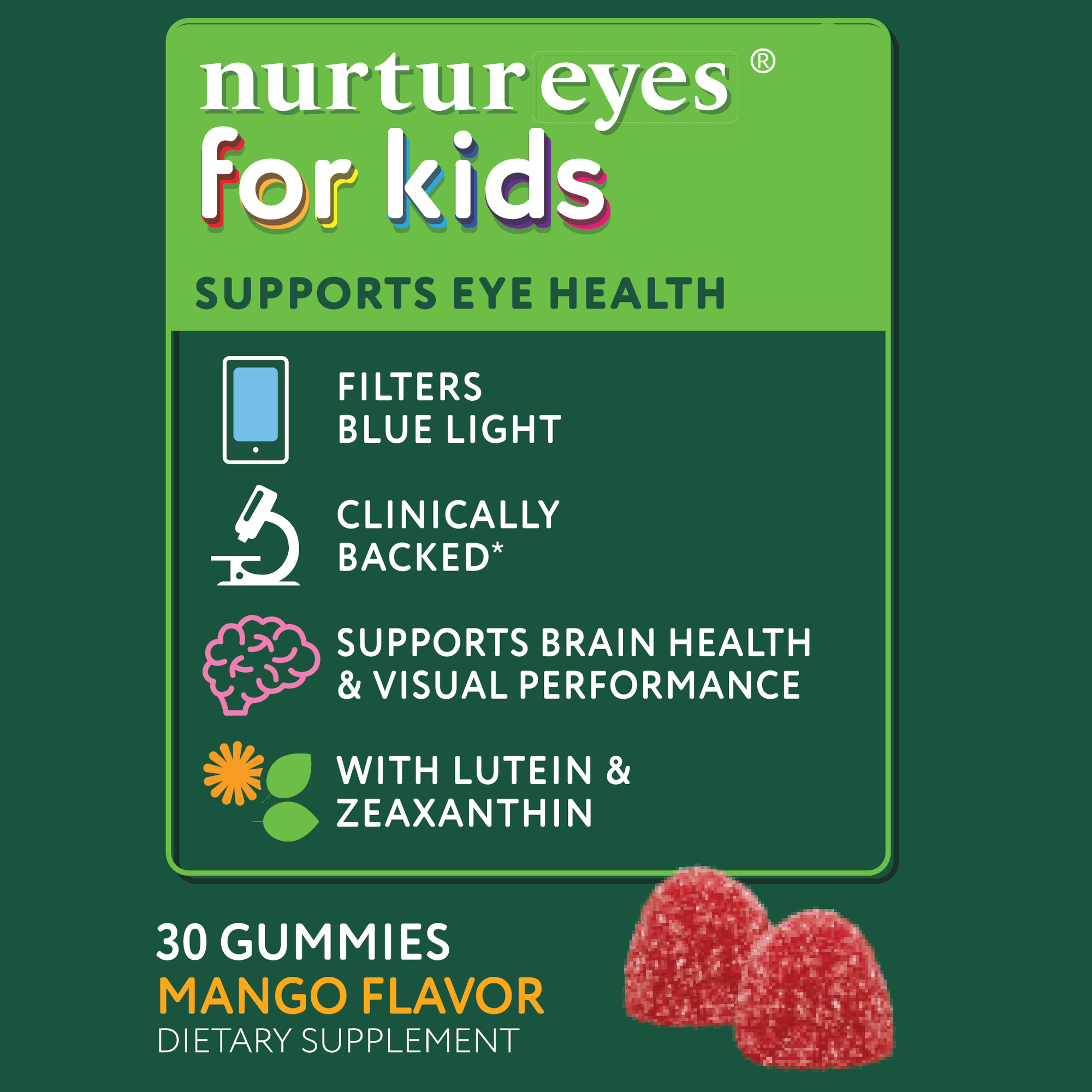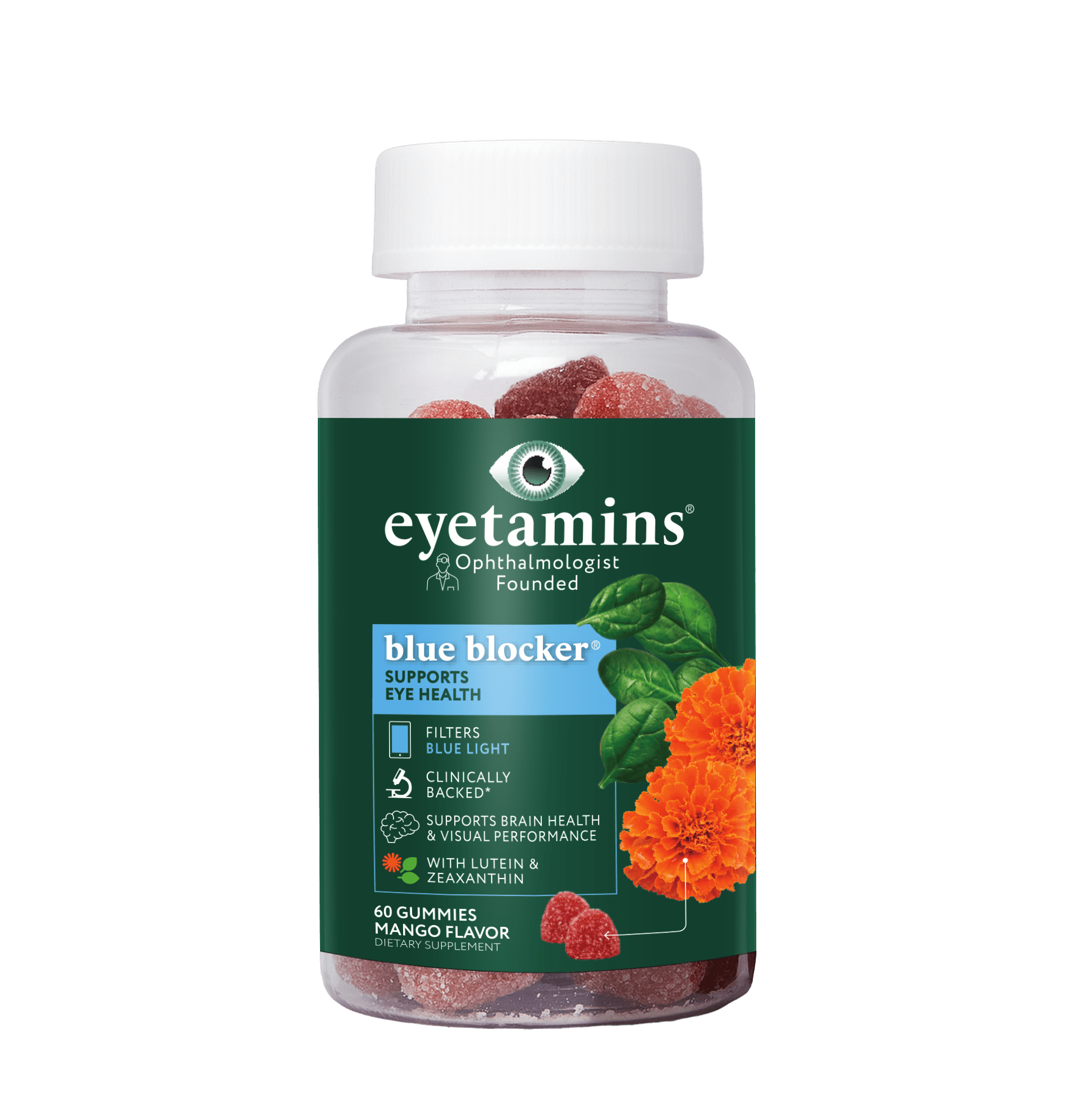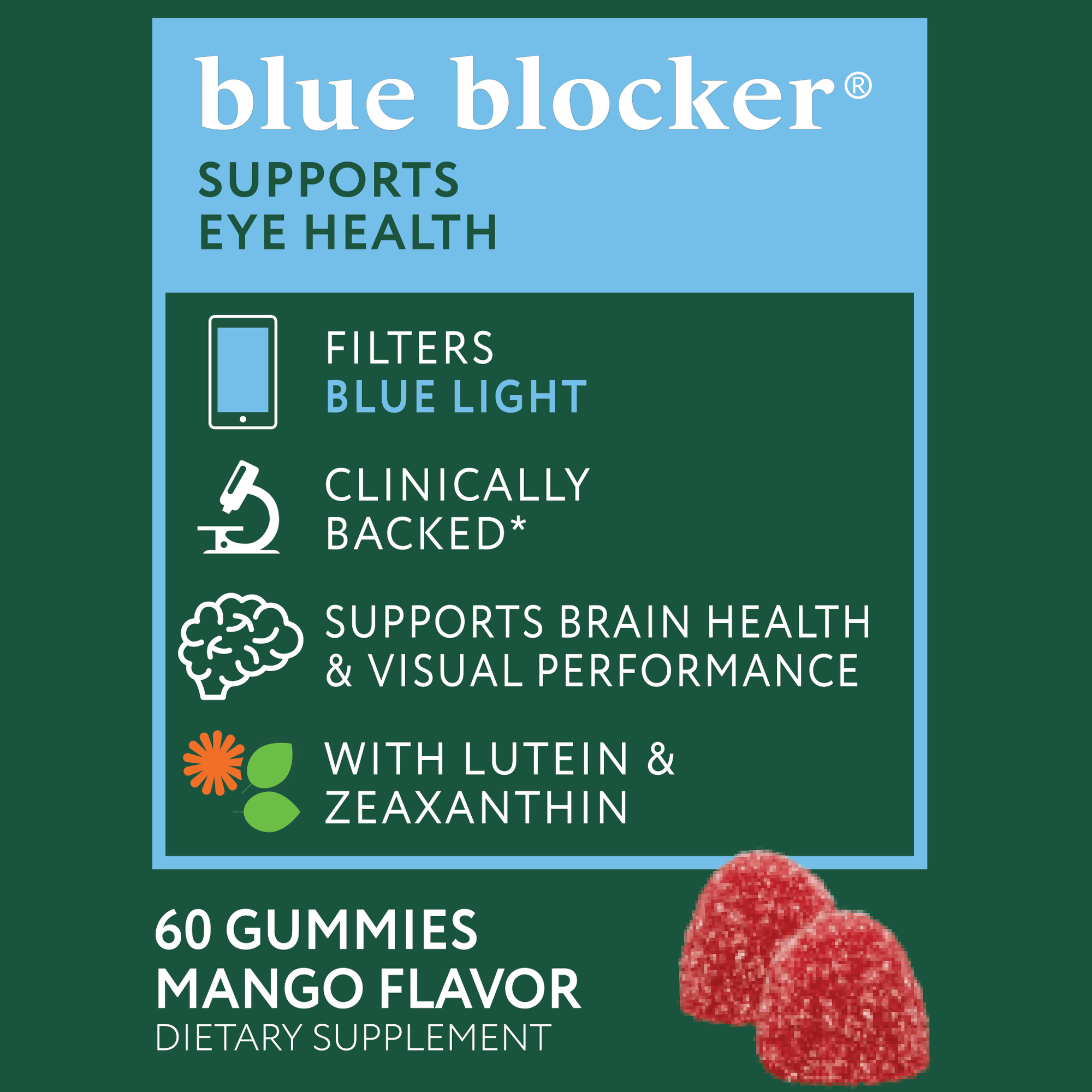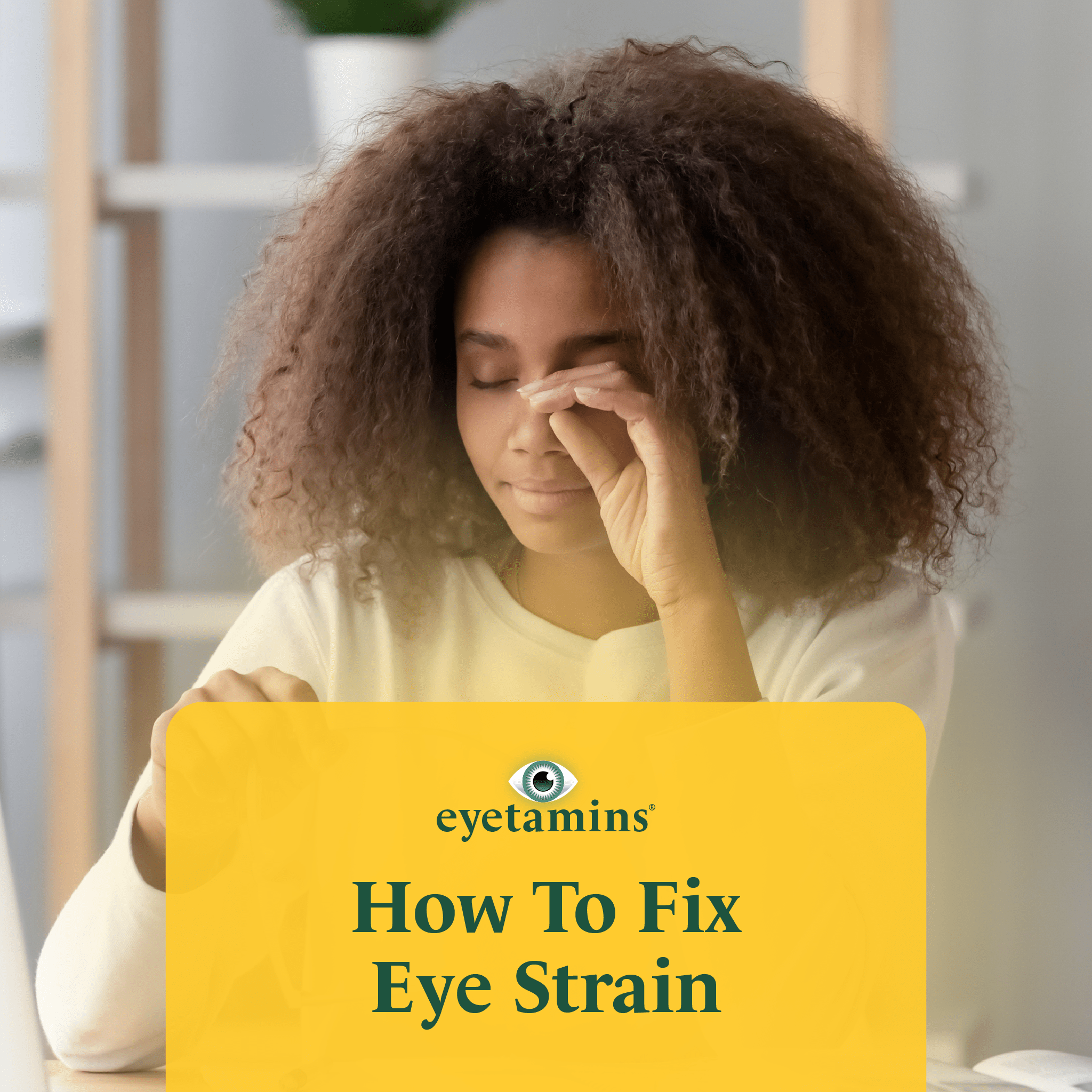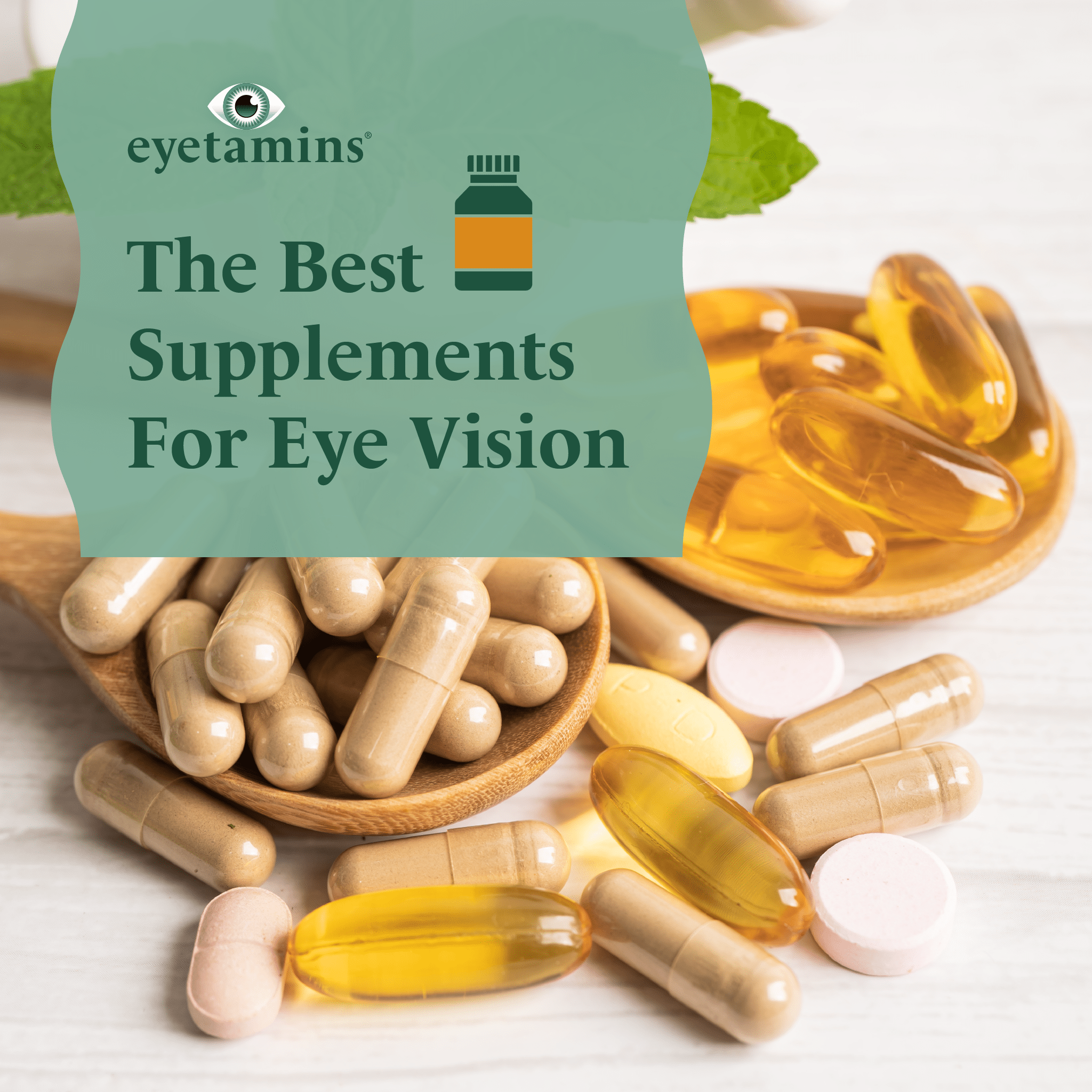· By Dr. Kaushal M. Kulkarni, M.D.
What Your Eyes Say About Your Health Overall
Thanks to the famous adage, we know the eyes can be a window into the soul. But perhaps more importantly, the eyes can act as a window into your body’s most vital organs and systems, often hinting that something is wrong long before any other signs or symptoms.
In this article, we zero in on what the state of your eyes can reveal about the state of your overall health, including your heart health, brain health, and even mental health.

What Your Eyes Say About Your Health
Brain
“The eyes look, but the brain sees.” The brain is responsible for taking visual information sent by the eyes and putting it into a picture you can understand. Without proper brain health, our vision can suffer.
Abrupt loss of vision could be a sign that blood has stopped flowing to your eyes or brain. This situation requires immediate medical attention, even if vision returns after a few moments, as it could be an early warning sign of a stroke.
Recent studies even reveal a link between our eye health and Alzheimer’s Disease. In a study done in the UK, 120 elderly subjects received retinal scans. Twenty-five percent of the subjects with diagnosed Alzheimer’s had hard drusen (yellow deposits of fat and calcium) present in the back of the eye. Meanwhile, just 4% of subjects without Alzheimer’s had hard drusen.
Heart
The eyes are dependent upon the cardiovascular system for blood flow and oxygen, so it should come as no surprise that the eyes can offer one of the first signs that the heart is in trouble.
During a routine eye exam, an eye care professional will look into the back of the eye at the retina. If the retina reveals hypertensive retinopathy – damaged and/or leaking blood vessels – then it is a sign that the patient has high blood pressure. When left untreated, high blood pressure could lead to heart disease, strokes, or a heart attack.
Similarly, you or your ophthalmologist may notice a white ring that has formed around the corneal arcus, better known as the iris. When cholesterol or triglyceride levels get too high, this ring of fat deposits appears on the cornea. Though this same symptom is completely normal in aging adults and is mostly harmless, it is best to get any white ring looked at by an eye doctor. If it does indicate high cholesterol, then leaving it untreated could lead to an increased risk of stroke or heart attack.
Liver
When your skin and the whites of your eyes turn yellow, it’s called jaundice and it can be a frightening sight. Yellowing eyes are the result of too much bilirubin in your blood, a sign that your liver is not working properly. The liver can be affected by cancer, a bad diet, chronic alcohol abuse, or an infection like hepatitis.
Endocrine System
In most cases, blurred vision is simply a sign you need glasses or contact lenses. But blurred vision can also signify diabetes or too much sugar in the blood. In fact, a 2014 study found that as many as 73% of diabetic patients experience blurry vision. Your ophthalmologist will be able to take a closer look at your retina to tell the difference.
Unmanaged or untreated diabetes can lead to diabetic retinopathy, in which the eye’s blood vessels leak blood and fluid. This serious condition can lead to blurred vision, night blindness, and distorted peripheral vision. Diabetics are also two to four times more prone to cataracts, glaucoma, refractive changes, and chronic inflammation of the eyelids.
Graves’ Disease – a disease whereby the thyroid gland releases too many hormones – is another problem with the endocrine system that has symptoms that include the eye. In addition to hand tremors, diarrhea, and weight loss, those with Graves’ Disease tend to have double vision, vision loss, and bulging eyes.
Immune System
Red eyes, dry eyes, or puffy eyes can be signs of a cold or virus, though you aren’t likely to see your eye doctor over such symptoms. However, you may be inspired to make an ophthalmologist appointment if you notice, say, drooping eyelids. Drooping eyelids can hint at a few different things, one of which is myasthenia gravis, an immune system disorder that attacks and weakens muscles in the eyes, face, and throat. In addition to drooping eyelids, someone with myasthenia gravis will notice that it is increasingly difficult to chew, swallow, and even speak.
Nervous System
Eye twitching is a common sign of stress, fatigue, and too much caffeine. It is very common and usually goes away over time. If it does not, it can be treated with Botox in extreme cases. Make sure you see an eye doctor to rule out blepharospasm (when both eyelids are twitching or closing) or hemifacial spasm (where you have eyelid and mouth or facial twitching).
Mental Health
Your eyes can reveal quite a bit about your mental health. For example, an eye twitch is a very common sign of stress. Red, puffy eyes reveal fatigue. Though your mental health is certainly something to take seriously, things like twitching, red, or puffy eyes are usually temporary afflictions, and usually go away as soon as you lower your stress levels and get a little sleep.
Diet
Your mid-section isn’t the only thing that can give away your preference for take-out and carbs! While conditions like cataracts and poor night vision are common in older adults, they can be a sign of something more serious when they occur in younger people.
Health Tip: Adding an eye-healthy vitamin supplement to your diet is a great way to ensure you’re getting all of the proper nutrients to keep your eyes working like they’re supposed to.
People Also Ask
1. What diseases show up in your eyes?
Believe it or not, a simple eye exam can detect a slew of diseases and disorders, including high blood pressure, high cholesterol, rheumatoid arthritis, thyroid disease, diabetes, and even brain tumors.
2. Can an eye exam detect a heart problem?
Because your eyes receive blood and oxygen pumped from your heart, your eye health is directly linked to your cardiovascular health. Therefore, it shouldn’t come as a surprise that your eye doctor may be able to tell that you have an issue with your heart before you even feel that something is wrong.
3. What do eyes look like with liver problems?
When your liver is not filtering properly, a yellow substance from your red blood cells known as bilirubin begins to accumulate in your bloodstream. As a result, your skin and the whites of your eyes begin to turn yellow.
Conclusion
Your eyes are so much more than a mere “window into your soul!” Vitally connected to your brain, heart, and body systems, your eyes can provide important information about the state of your health. While some of this information – such as eye twitching as a symptom of a nervous system disorder – is visible simply by looking in the mirror, other hints – like leaking blood vessels and the presence of hard drusen – can only be seen during an ophthalmologist’s fundus eye test.

